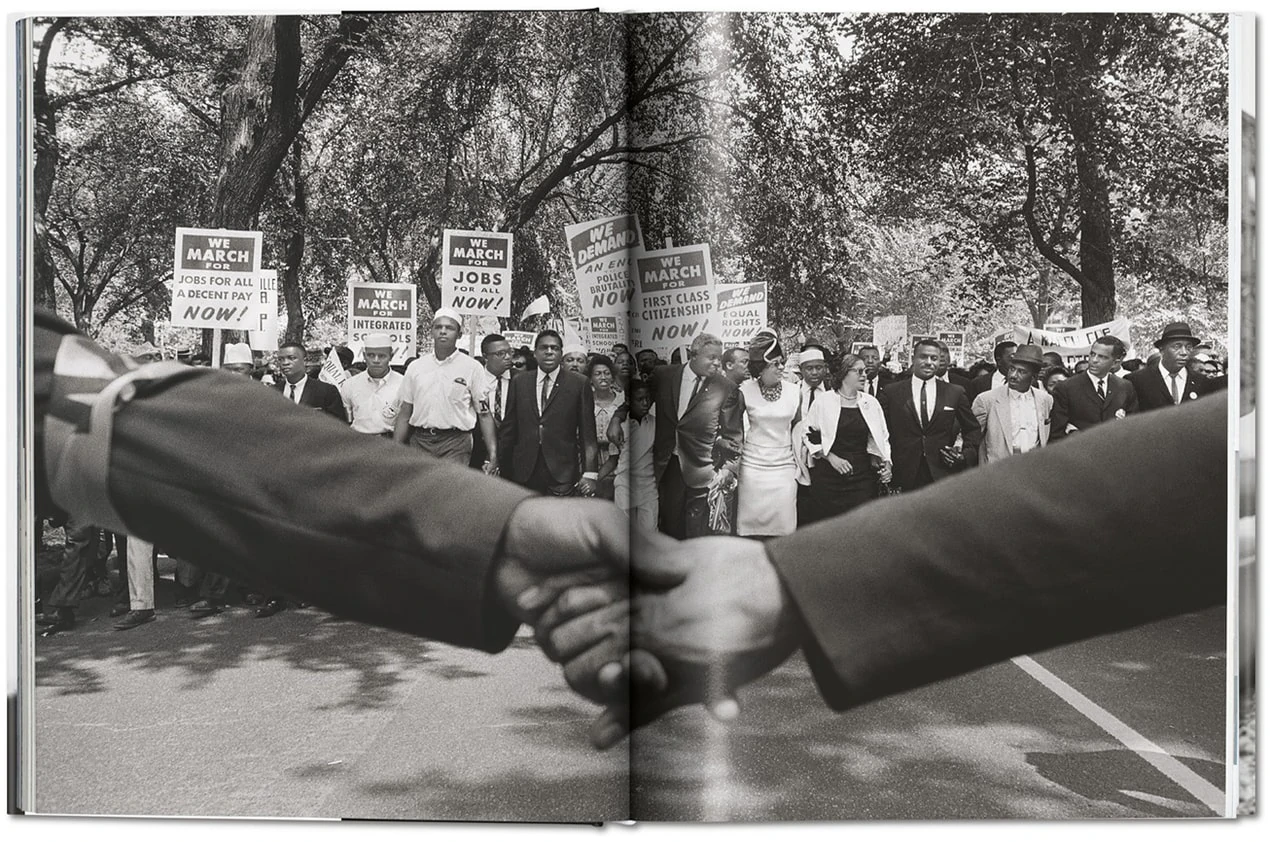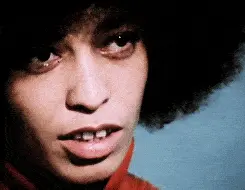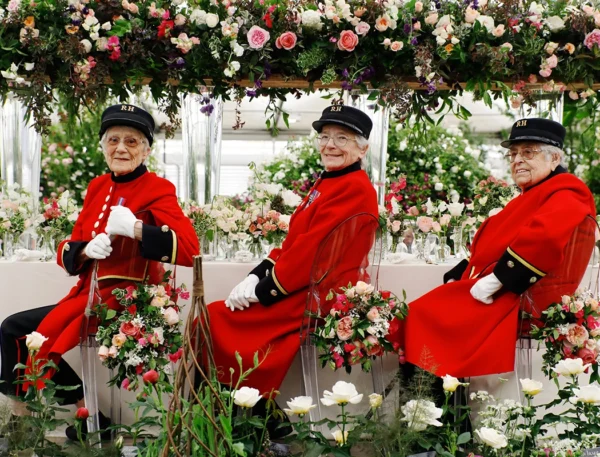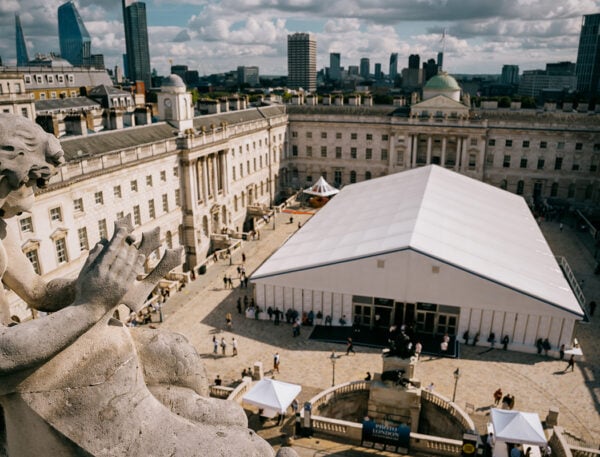As the protests highlighting the Black Lives Matter movement continue to march on in America and spread to the rest of the world – including London, where demonstrations have been held in Hyde Park and outside the US embassy – it feels more important than ever to educate ourselves on the history of systemic racism. From a poignant telling of the final years of Martin Luther King’s life to footage of the devastating 1992 race riots in Los Angeles and a hard look at how the American penal system continues to fail its black citizens today, we’ve rounded up a selection of documentaries that tackle racial injustice in all its forms. If you’re looking for further resources and ways to donate, read our list of essential anti-racism books.
documentaries on race and racism to stream now
The Black Power Mixtape 1967-1975 (2011)
Made with a trove of rare, salvaged footage and shot by a group of Swedish journalists documenting the Black Power Movement of the 1960s and 1970s, this 2011 documentary showcases a pivotal turning point in black history. With commentary from modern voices including Erykah Badu, Talib Kweli and Harry Belafonte, as well as archival recordings of revolutionary activists like Angela David, Bobby Seale, Huey P. Newton and Eldridge Carver, the film looks at the people, society, culture and style that fuelled an era of convulsive change, as well as exposing the horrific brutality, frustration and defeat faced by black people during the decade.
I Am Not Your Negro (2016)
This 2016 documentary, which was nominated for an Academy Award for Best Documentary Feature, was directed by Haitian filmmaker Raoul Peck and is inspired by the timeless anger of James Baldwin’s unfinished manuscript, Remember This House, a collection of notes and letters written by the author in the mid-Seventies. Brilliantly narrated by Samuel L. Jackson, the arresting film explores the history of the black experience in the United States, from Hollywood stereotypes to police brutality, through Baldwin’s reminiscences of the lives and deaths of three civil rights leaders, who also happened to be his close personal friends: Martin Luther King, Malcolm X and Medgar Evers.
LA 92 (2017)
Released to coincide with the 25th anniversary of the civil unrest that shook Los Angeles after the acquittal of the four white police officers who were caught on camera brutalising black motorist Rodney King, many of the scenes in this arresting documentary, and indeed the reasons behind them, offer up shocking similarities to the protests sweeping America today. Comprised of nothing but archival news and home-video footage and devoid of narration, the compelling images – from King’s beating to the scenes of looting, violence and disorder that followed – are left to speak for themselves. And that they do, offering a powerful reminder of how little has changed in almost three decades, as protestors bearing the still relevant slogan “No justice, no peace” march across the screen.
The Loving Story (2011)
On June 2, 1958, a white man named Richard Loving and his part-black, part-Cherokee fiancée Mildred Jeter travelled to Washington, D.C. to be married. But when the happy couple returned to their home in Virginia, their nuptials were declared illegal and they were arrested for violating the law that banned marriage between people of different races. This achingly powerful film tells the story of how Richard and Mildred, with the help of the American Civil Liberties Union, sought justice, their case eventually making it all the way to the United States Supreme Court where Chief Justice Earl Warren agreed to strike down state laws against interracial marriage throughout the country, in what was a seminal moment in American history.
What Happened, Miss Simone? (2015)
Liz Garbus’s documentary, which was first shown at Sundance in 2015, tells the story of one of the most talented musicians of the 20th century, as we all as one of the most troubled. Through weaving together Nina Simone’s public successes alongside her private struggles, including her abusive relationship with her husband-cum-manager and her addiction to pills, it paints a portrait of a flawed yet electrifying character. But, most important of all, there was her music, which ranged from the soulful to the truly ground-breaking, such as the controversial Mississippi Goddamn, which she wrote in response to the 16th Street Baptist Church bombing and performed during the Selma-Montgomery march in the presence of Martin Luther King.
The Black Panthers: Vanguard of the Revolution (2015)
Stanley Nelson Jr’s documentary charts the rise (and eventually the demise) of the Black Panther Party (BPP), an organisation founded by Huey Newton and Bobby Seale in 1966 in Oakland, California, in the wake of the assassination of Malcolm X, to challenge police brutality against the African American community. At its peak, the Party had around 2,000 members, all of them dressed identically in black berets and black leather jackets, who would patrol US cities to monitor police activities. The group also implemented a number of social initiatives (including feeding and educating disadvantaged children), as well as engaging in politics. The film, which took seven years to make, showcases fascinating archive material as well as interviews with surviving Panthers and FBI agents, all of which tell the story of this group and the pivotal role it played in black American history.
 Pin
Pin Black Lives Matter
Slavery By Another Name (2012)
This poignant documentary challenges one of America’s most problematic assumptions: the belief that slavery ended with the Emancipation Proclamation. Through interviews with talking-head historians, including Douglas Blackmon, whose book gave this film its title, director-producer Sam Pollard explores how after slavery was abolished law enforcement quickly came to replace it, becoming a vehicle for a shocking and brutal new form of slavery that didn’t end until after the Second World War. Letters written by inmates and their families reveal how imprisoned black people – who were often guilty of no crime at all – were forced to work without pay, leased out to coal mines and anyone else in need of workers. It’s a poignant reminder of the multiple historical failings of the penal system when it comes to America’s black citizens.
Maya Angelou: And Still I Rise (2016)
Singer, dancer, civil rights activist, poet and writer… Maya Angelou wore many hats, but it was her book I Know Why The Caged Bird Sings that really made the world sit up and listen. The first and best-known of Dr Angelou’s seven volumes of memoirs, it evokes the deep racism and trauma she experienced as a child when living in the Depression-era South. The memoir went on to become a modern American classic, and continues to touch hearts and challenge mindsets to this day. Maya Angelou: And Still I Rise is the first ever feature documentary made about this remarkable woman, in which filmmakers Bob Hercules and Rita Coburn Whack chart her incredible journey through never-seen-before footage, rare imagery, exclusive interviews with everyone from Oprah Winfrey to Hillary Clinton and, of course, the words of the activist herself.
13th (2016)
This gripping documentary about the American prison system, directed by award-winning filmmaker Ava DuVernay, takes its name from the 13th amendment in the American constitution, which outlaws slavery except for as a form of punishment. Through exposing the links between slavery and the US penal system, this shocking documentary shows how this loophole is still being exploited across America today. DuVernay’s other must-watch is her Emmy-nominated docu-drama When They See Us, which retells distressing the story of the ‘Central Park Five’, five black and Latino teenagers aged just 14 to 16, who were wrongly convicted of the assault and rape of a white female jogger in Central Park in 1989 simply because they were in the wrong place at the wrong time. They went on to serve lengthy prison sentences, only to be fully exonerated of all charges years later.
4 Little Girls (1997)
Known for his provocative and thought-provoking films on race, Spike Lee might be more famous for his works of fiction, but his documentaries are no less powerful. Arguably the most poignant is his 1997 film 4 Little Girls, which tackles the Civil Rights struggle by centring on the 16th Street Baptist Church bombing that killed four girls aged between 11 and 14 – Addie Mae Collins, Cynthia Wesley, Carole Robertson and Carol Denise McNair – in Birmingham, Alabama. Featuring moving testimonies from the families and friends of the murdered girls, the film was selected by the Library of Congress for preservation in the National Film Registry thanks to its cultural, historic and aesthetic significance.
King in the Wilderness (2018)
Peter Kundhart’s Emmy-winning documentary chronicles the final years of Martin Luther King’s life, leading up to his assassination on April 4, 1968. Archival footage, never-seen-before interviews, personal videos and photographs all serve to paint a fascinating, though uncomfortable, picture of the final chapter, which hitherto had been rarely detailed. It shows how, though Dr King faced growing criticism from both sides of the political spectrum (the Black Power movement saw him as weak, President B. Johnson thought his anti-Vietnam War stance irresponsible), the American Christian minister and Civil Rights leader was unwavering in his belief in peaceful protest, despite admitting his dream had “turned into a nightmare.”
Dark Girls (2011)
This probing documentary by filmmakers Bill Duke and D. Channsin Berry explores colorism – a topic that is still considered taboo among many black Americans – and the deep-seated bias darker-skinned women face, both within the African American community and around the world. Featuring personal stories shared by a selection of black American women – including actors Viola Davis and Joni Bovill – the film explores the roots of classism, racism and the lack of self-esteem that women with darker skin tones often experience, starting with slavery, when those with lighter complexions were allowed to work in the house instead of being left in the fields, through to the alarming prevalence of bleaching products available in the beauty industry today.









